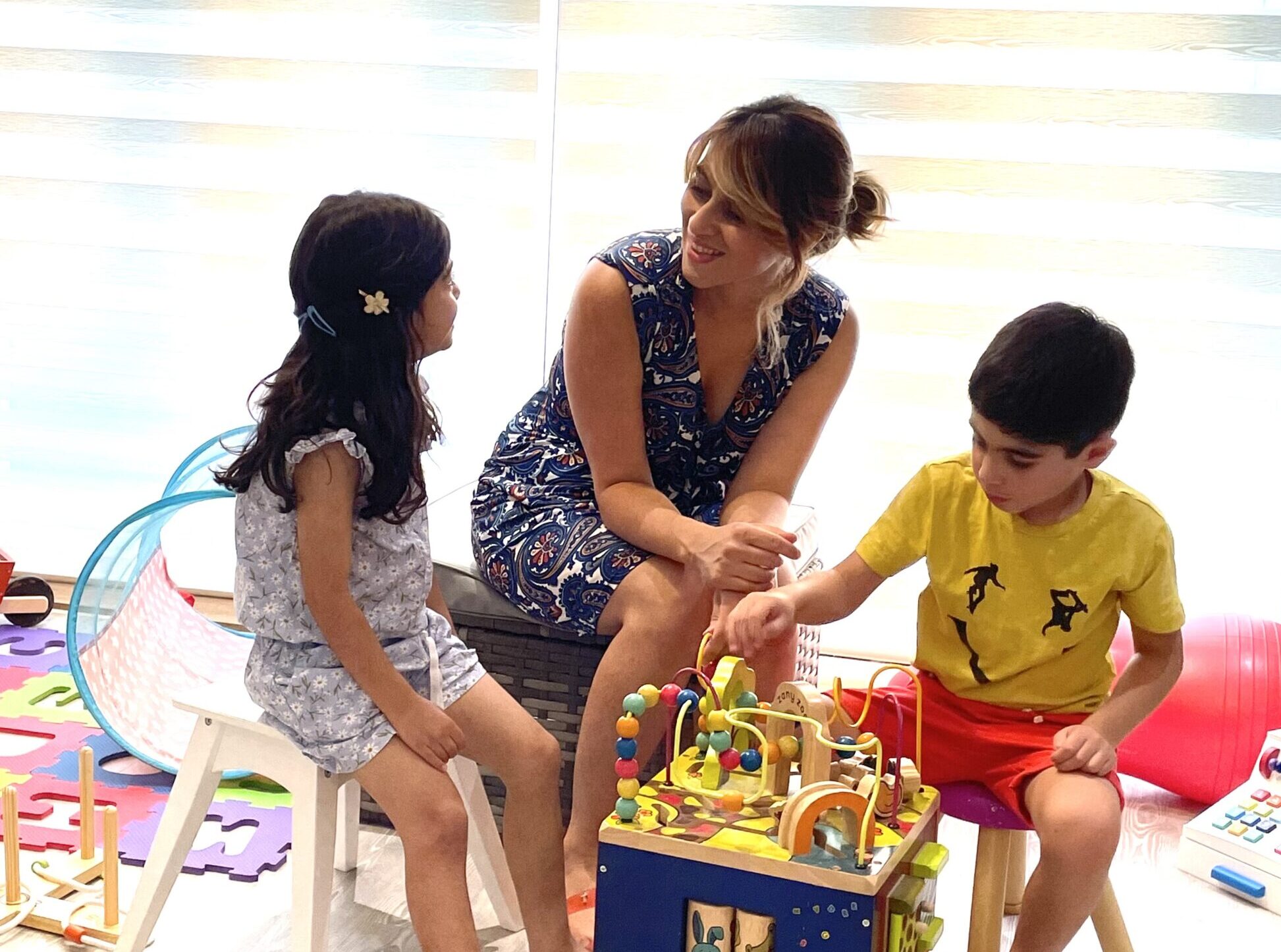Handwriting is a complex process of managing written language. If you have noticed that your child has difficulties with handwriting or school has identified that your child struggles with written tasks at school, he/she needs to be assessed by an Occupational Therapist.
In High Five Children’s OT, we offer handwriting assessment, intervention and advice to children and young people in primary or secondary school.
Your child needs to be seen by Occupational Therapist if she/he has following problems with handwriting:
- Knowing how to form letters and numbers from memory.
- Letter/Number orientation (direction the letters/numbers are facing).
- Placement of the letters/numbers on the lines of the paper.
- Size of the letters/numbers.
- Starting the letters/numbers at the proper place.
- How to sequence the formation of the letters/numbers.
- Spacing between letters and words.
- Handwriting control, neatness, and overall legibility.
- Discomfort in gripping
There are some conditions which can cause handwriting difficulties:
- Dysgraphia
- Dyslexia
- Developmental delay
- Dyspraxia / motor coordination difficulties
- Brain injury
- Neurological problem


What can be done?
A handwriting assessment is the best way to quickly identify handwriting concerns.
The purpose of assessment is to look at letter formation, spacing, alignment, speed and legibility of handwriting and also determine the underlying flaws in foundation that make up handwriting. In High Five Children’s OT, we use standardised and non-standardised assessments based on the child’s age.
Handwriting intervention
Following the handwriting assessment, therapist would offer a block of sessions. The individual handwriting sessions can either take place in clinic, home or your child’s school. Each session takes for 45 minutes depending on the child’s ability and age. There will be between 8 -12 sessions. Some children may need shorter sessions if they have ADHD, brain injury or short attention span to make it more suitable for them. The handwriting treatment is a combination of using a cognitive approach. The Cognitive Orientation to Occupational Performance Approach (CO-OP) and sensory strategies. Research studies shown that cognitive and task-oriented approaches have been found to support transference of skills across a wide range of areas due to children developing strategies to use when approaching new tasks (Blank et al 2019; Smits-Engelsman B.C.M et al., 2012; Schwartz et al., 2020).
